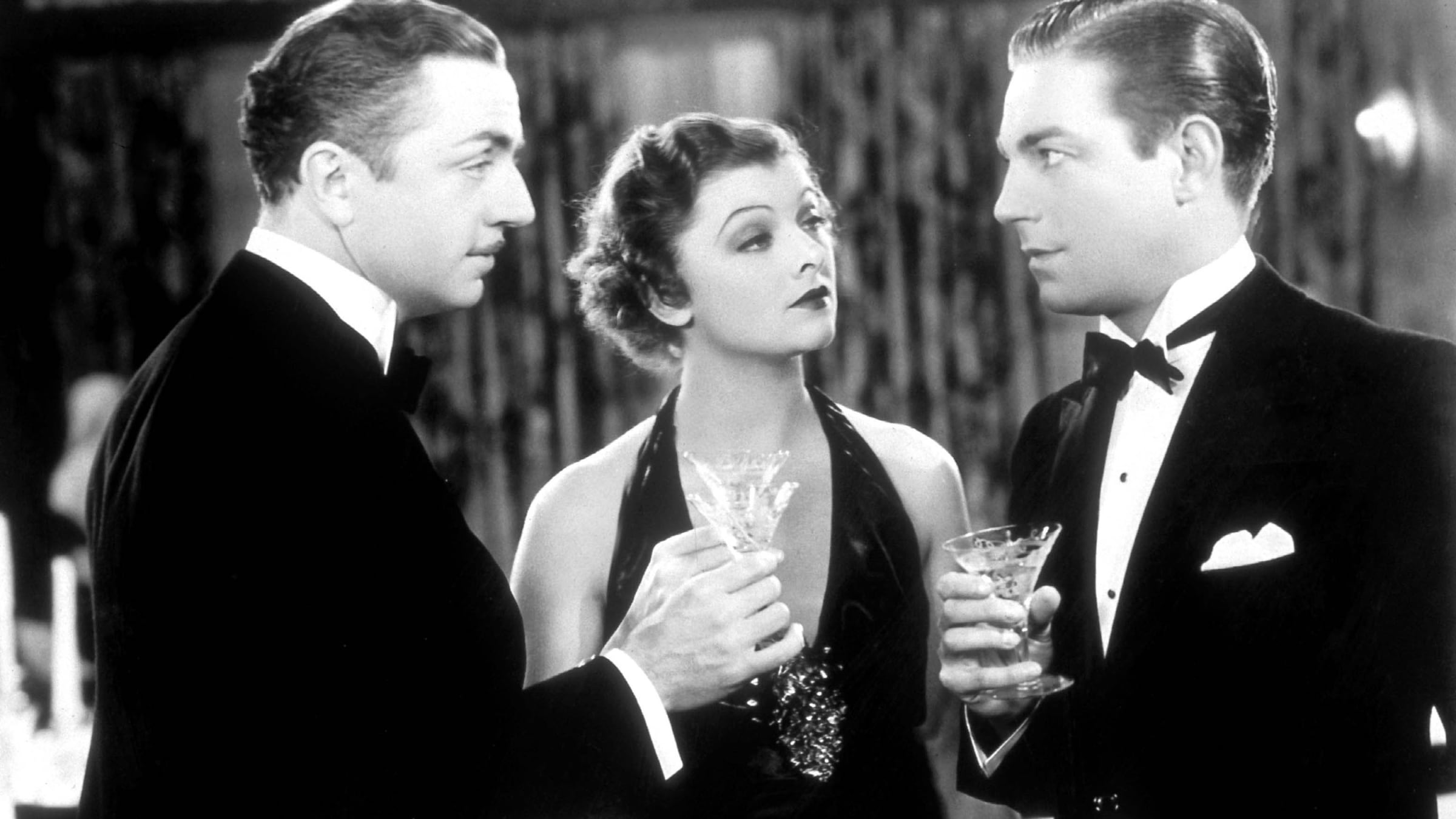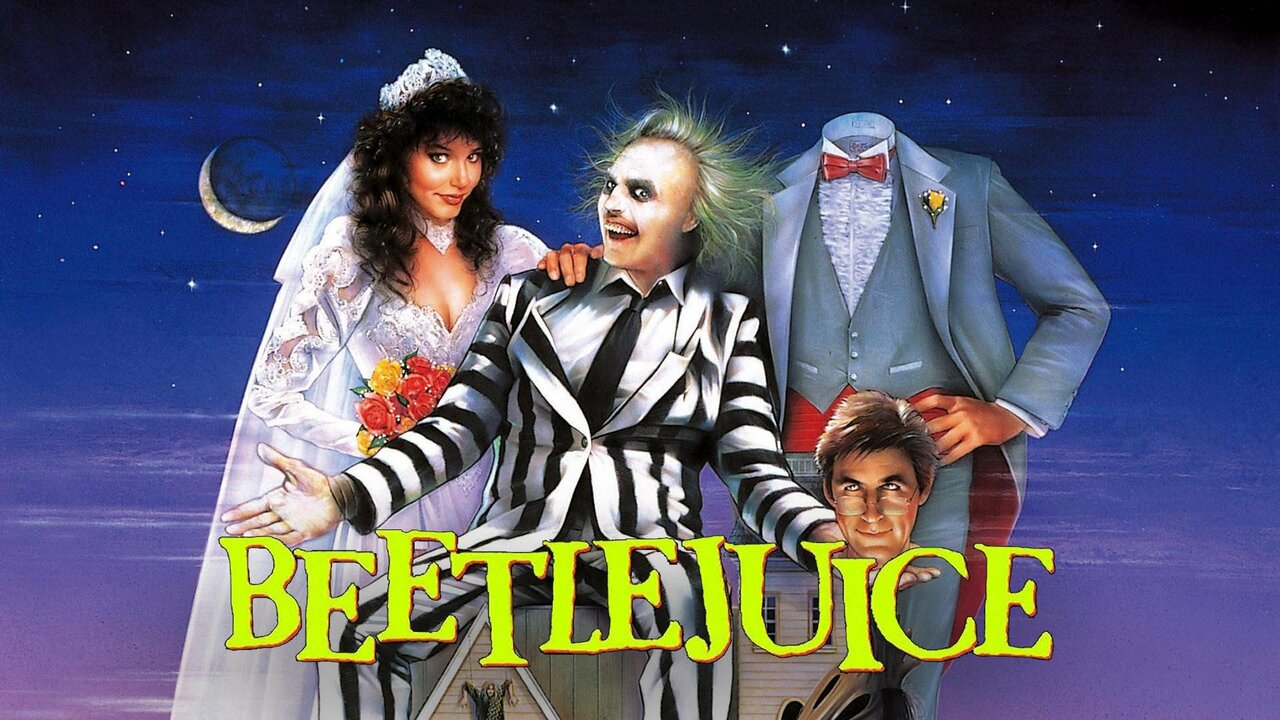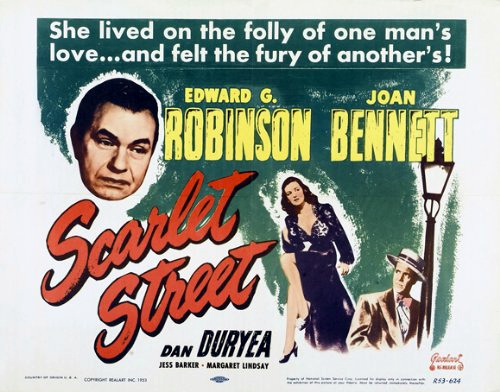Tyler Smith
When we think of romantic movies, our mind will drift immediately to stories about a new, budding relationship. The excitement that comes with discovery and bonding, along with the complications and misunderstandings that go with it, naturally lends itself to conventional story structure. There are some films, however, that find romance in familiarity; long-lasting relationships that may not hold much mystery, but depict an ongoing commitment and the conscious renewal of love. These films often contain a playful shorthand between its lovers, as their years together have engendered a quiet, unselfconscious comfort with themselves and each other. Perhaps one of the most delightful and enduring film couples is Nick and Nora Charles in W.S. Van Dyke’s The Thin Man.

Based on the Dashiel Hammett novel, The Thin Man has all the trappings of a typical whodunnit. A murder is committed, everyone is a suspect, and only a savvy detective can solve the mystery. And while most of Hammett’s sleuths are hard boiled tough guys, this murder is tackled by high spirited, upper class Nick Charles (William Powell) and his charming wife Nora (Myrna Loy). Though Nick is the detective of record, Nora certainly plays her part in his investigation, as both confidant and muse.
Nick and Nora are unique in the world of detective fiction. While most investigators in these books are lone wolves, often living sad, solitary lives, Nick Charles not only has a constant companion, but one that he obviously loves very much. And lest we think Nora is nothing more than a doting, loyal wife, the film goes out of its way – in its writing, acting, and visual aesthetic – to make sure that we know that she is as vital a part of this story as her husband. Much has been made of their cavalier attitude towards the murder, to the extent that they seem not to care about it. This is certainly not true. They care very much about bringing the murderer to justice. They simply care about each other more.
It would have been easy to downplay Nora in the book-to-film adaptation, but the writers (themselves a husband and wife team) understand the narrative value of giving the protagonist a partner; someone that can keep him both sharp and humble. It is this dynamic that really separates The Thin Man from its peers. And indeed, it’s what brought audiences back to see the movie’s four sequels, all of which featured William Powell and Myrna Loy.
One would be hard-pressed to find a more natural onscreen chemistry than Powell and Loy. Going into The Thin Man, it is immediately obvious that Nick and Nora have been together – happily – for years. The casual body language, the breezy line delivery, and the subtle facial exchanges all add up to actors – and by extension, characters – that are so at ease with each other that they feel real; as though, at any moment, they could turn to us and invite us to dinner. It is one of those rare instances where the characters are so connected to the actors that it’s impossible to think of anybody else playing them. Philip Marlowe, Hercule Poirot, and Sherlock Holmes have been played by multiple actors over the years, but there is only one Nick and Nora.
These characters are so unique, and their dynamic so uncommon, that they deserve to be mentioned in the discussion of the best onscreen couples in film history. That they are able to accomplish this in the midst of an engaging whodunit speaks not only to the strength of the characters, but the enduring nature of their marriage. It is familiar, loyal, and playful, but it is also extremely romantic, as it shows that it is absolutely possible for us not only to fall in love, but to stay there, no matter what genre we are in.




